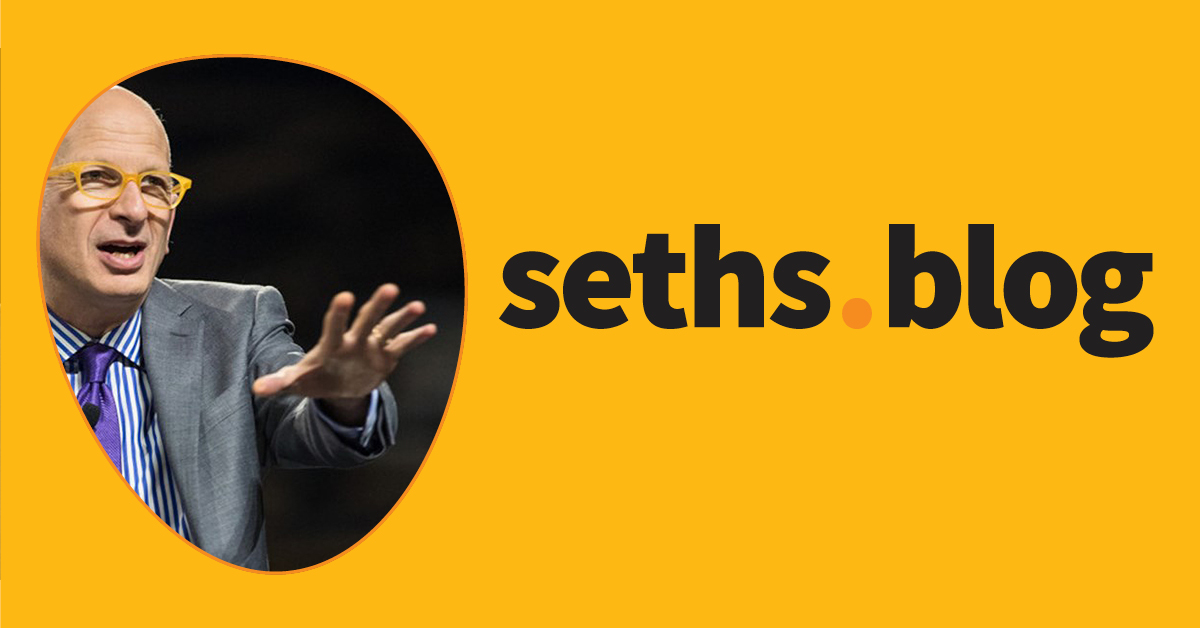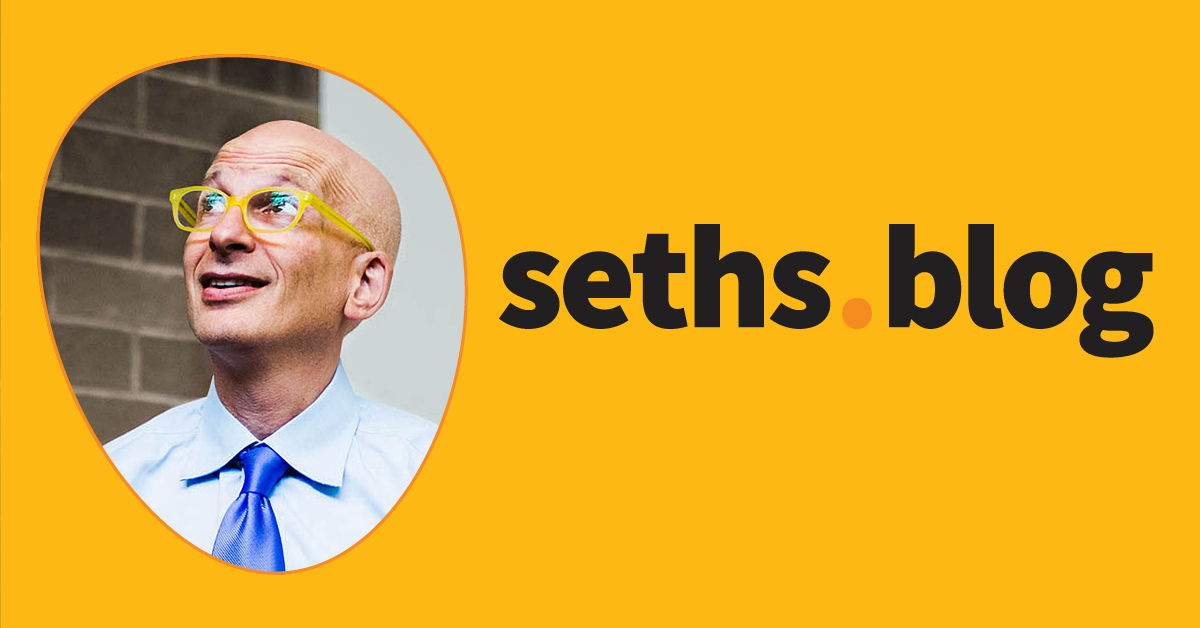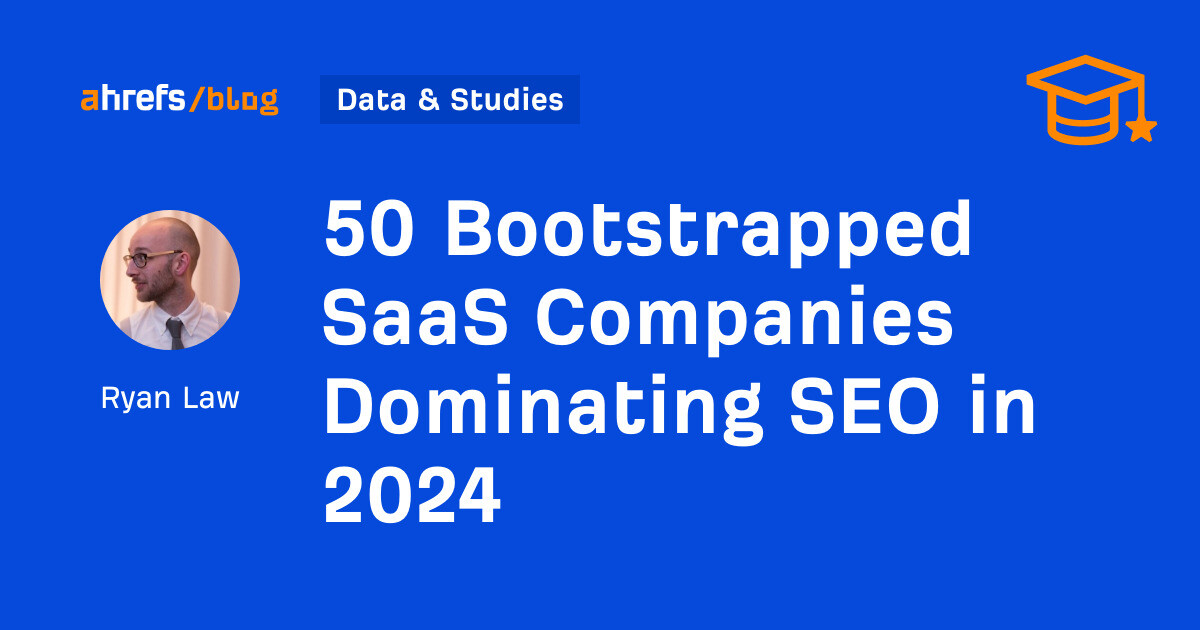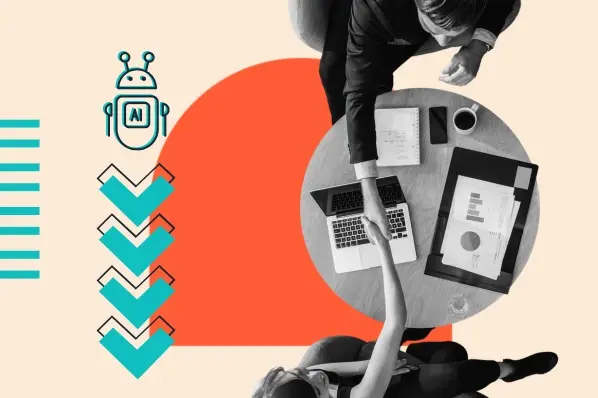AI agents are going to overhaul the way we think about buying and selling.
Uber already did this in a small way. They organized the drivers, and now they organize the riders. Hailing a cab was already sort of anonymous, but with competition and structure, AI will continue to get better at finding the right passengers for the right drivers, and vice versa.
But there are far more markets where this sort of transformation hasn’t happened yet.
Real estate (both buying and renting) has been slightly changed by the internet. They’ve made markets a bit more efficient and given buyers more insight. But the choices people make are based on intuition, and data sets are incomplete and have more “I know it when I see it” than we’d expect from such a large and regular transaction.
What happens when the right person finds the right place to live, and the connections have value far beyond building awareness?
Tinder and other dating apps changed some of the inefficiencies of people connecting with one another as they pursue relationships, but it’s mostly focused on displaying many options to people on both sides of the marketplace. It’s a very large singles bar with some pre-sorting and ranking going on. Participants aren’t eager to give up their agency, and there’s not a lot of data about what happens after a match is made.
Linkedin amplified the ‘find a job’ x ‘find an employee’ dynamic, but it’s a similar approach. They don’t know who came in second at the end of a grueling job search, nor do they know a lot about which bosses make good bosses or accomplish useful hires.
These marketplaces feel so vast and so human that it’s difficult to suggest that AI is going to make much of an impact. But I’m confident that it will. There’s so much expense and wasted time and anxiety around these essential connections that some part of the market will be open to engaging… and success will lead to more success.
We have a lot of fake agency, where we think we’re making a choice in hiring or connecting with others, but that choice is influenced by structures and dynamics that aren’t actually related to what we want. If it’s sunny on the day of the open house, more people make an offer…
We’re using false proxies and amplifying negative cultural tropes to shortcut our selection processes, and it harms everyone involved.
We don’t need a better digital resume, or a way to get the word out. We need to get much smarter about what we want, why we want it and what’s likely to work.
Creating connections between and among buyers and sellers in dramatically more productive ways is (possibly) around the corner.



![How to Optimize for Google’s Featured Snippets [Updated for 2024]](https://moz.com/images/blog/Blog-OG-images/How-to-Optimize-for-Googles-Featured-Snippets-OG-Image.png?w=1200&h=630&q=82&auto=format&fit=crop&dm=1724004002&s=13df73104762982790dab6dc8328023f)


